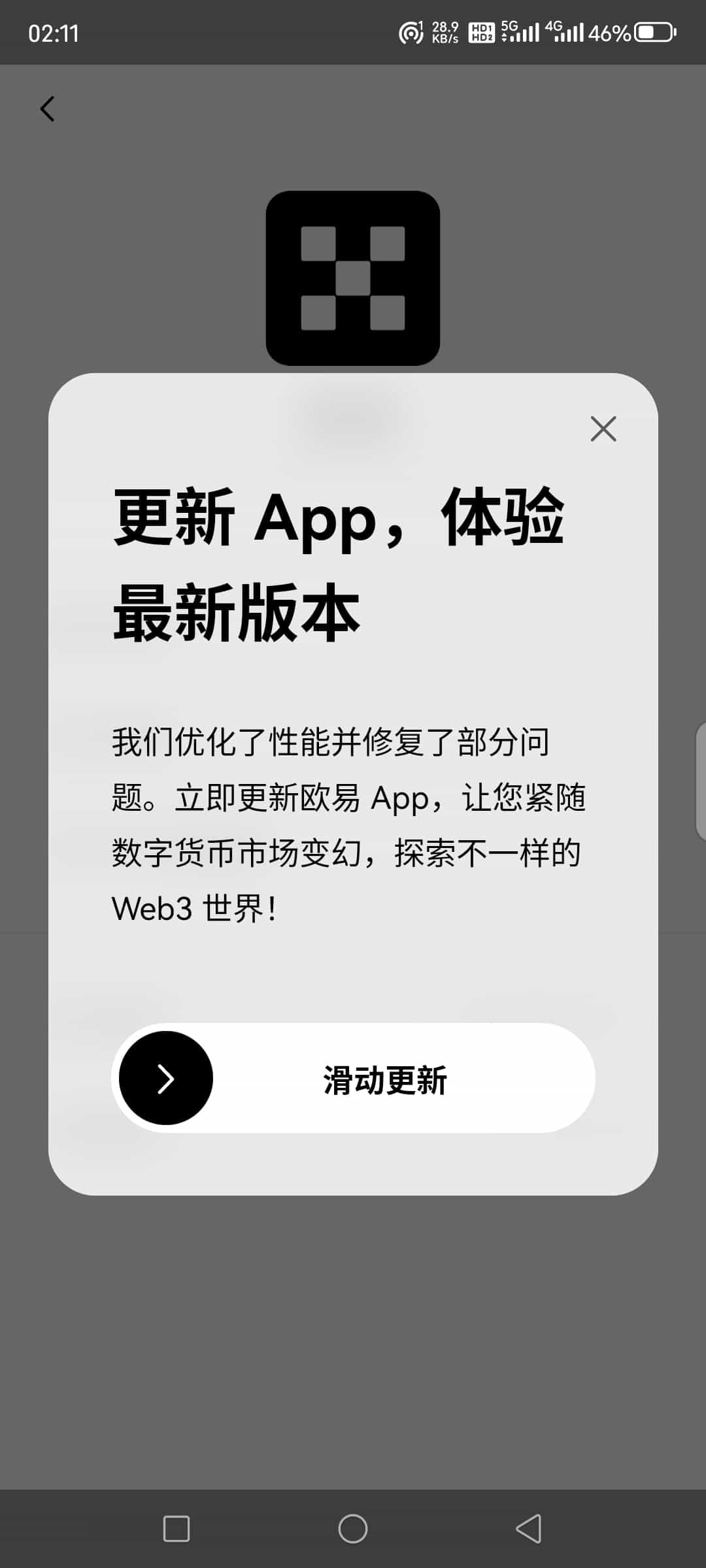glib学习
时间:2006-10-27 来源:kf701
1 /*
2 glib test program for study,compile cmd:
3 cc `pkg-config --cflags --libs glib-2.0` test.c
4
5 */
6 #include <glib.h>
7 #include <stdint.h>
8 #include <sys/types.h>
9 #include <sys/stat.h>
10 #include <fcntl.h>
11
12 #define TIMESTAMP_IS_NEWER_THAN(ts1,ts2) \
13 ((uint32_t)((uint32_t)(ts1) - (uint32_t)(ts2))< (uint32_t)(1<<31)) 14
15 typedef struct{
16 gchar* name;
17 gchar* mail;
18 gchar* address;
19 } my_struct;
20
21 void free_key( gpointer value )
22 {
23 g_free( value );
24 }
25
26 void free_my_value( gpointer value )
27 {
28 my_struct* p = (my_struct*)value;
29 g_free( p->name );
30 g_free( p->mail );
31 g_free( p->address );
32 g_free( value );
33 }
34
35 int main()
36 {
37 /* Utility Functions */
38 g_set_application_name("Test-Glib-App");
39 const gchar* appname = g_get_application_name();
40 g_printf("The Application name: %s\n", appname);
41 g_set_prgname("test.c");
42 gchar* pname = g_get_prgname();
43 g_printf("The program name: %s\n", pname);
44 gchar* cur_dir = g_get_current_dir();
45 g_printf("Current Dir: %s\n", cur_dir);
46
47 /* Read from oRTP lib */
48 if( TIMESTAMP_IS_NEWER_THAN( 3, 5 ) )
49 g_printf("cmp micro: newer\n");
50 else
51 g_printf("cmp micro: no\n");
52
53 /* Micro */
54 #ifdef G_OS_UNIX
55 g_printf("I am unix\n");
56 #endif
57
58 /* Debug message */
59 g_debug("%s,%d: only for test",__FILE__,__LINE__);
60 g_warning("%s,%d: only for test",__FILE__,__LINE__);
61 g_critical("%s,%d: only for test",__FILE__,__LINE__);
62
63 GTimeVal tv;
64 g_get_current_time(&tv);
65 //char *time_str = g_time_val_to_iso8601(&tv);
66 g_printf("time: %d\n", tv.tv_sec);
67
68 /* Rand number */
69 GRand* grand = g_rand_new();
70 guint32 i = g_rand_int(grand);
71 g_printf("rand number: %u\n", i);
72 g_rand_free(grand);
73
74 /* Timer */
75 GTimer* timer1 = g_timer_new();
76 g_usleep( 1*1000000 );
77 g_timer_stop(timer1);
78 gdouble et = g_timer_elapsed(timer1, NULL);
79 g_printf("elapsed time: %u\n", (guint32)et);
80 g_timer_destroy(timer1);
81
82 /* temp file and channel */
83 char tempfilename[] = "XXXXXX-test.txt";
84 gint pfd = g_mkstemp(tempfilename);
85 g_printf("temp file name: %s\n", tempfilename);
86 GIOChannel* pfile = g_io_channel_unix_new(pfd);
87 char buf[] = "only for test; int open\n";
88 gsize nwrite = 0;
89 GIOStatus iost = g_io_channel_write_chars(pfile,buf,-1,&nwrite,NULL); 90 if( G_IO_STATUS_NORMAL != iost )
91 g_error("%s,%d: write channel error",__FILE__,__LINE__); 92 else
93 g_printf("nwrite = %d\n", nwrite);
94 g_io_channel_shutdown(pfile, TRUE, NULL); // close pfd implicitly 95 pfd = -1; // for security
96
97 /* Lexical Scanner */
98 g_message("\nNow,test scanner provide by glib");
99 /* you can use a C source file instead, just like:
100 pfd = g_open( "test.c", O_RDONLY); */
101 pfd = g_open( tempfilename, O_RDONLY);
102 if( -1 == pfd )
103 g_error("%s,%d: open file error",__FILE__,__LINE__);
104 GScanner* scaner = g_scanner_new(NULL);
105 g_scanner_input_file(scaner, pfd);
106 GTokenType gtt = G_TOKEN_NONE;
107 do{
108 gtt = g_scanner_get_next_token(scaner);
109 //g_printf("token type: %d\n", gtt);
110 GTokenValue gtv = g_scanner_cur_value(scaner);
111 switch( gtt )
112 {
113 case G_TOKEN_IDENTIFIER:
114 case G_TOKEN_STRING:
115 case G_TOKEN_COMMENT_SINGLE:
116 case G_TOKEN_COMMENT_MULTI:
117 g_printf("token value: %s\n", gtv);
118 break;
119 /*
120 default:
121 g_printf("token is not identifier\n");
122 break;
123 */
124 }
125 }while( G_TOKEN_EOF != gtt );
126 close( pfd );
127 pfd = -1;
128 g_unlink( tempfilename );
129
130 /* Hash Table */
131 g_printf("Test Hash Table now\n");
132 #define TMP_LEN 64
133 GHashTable * ht = NULL;
134 ht = g_hash_table_new_full(g_str_hash,g_str_equal,free_key,free_my_value); 135
136 my_struct * my_value = g_malloc0(sizeof(my_struct));
137 my_value->name = g_malloc0( TMP_LEN );
138 my_value->mail = g_malloc0( TMP_LEN );
139 my_value->address = g_malloc0( TMP_LEN );
140 g_strlcpy( my_value->name, "kf701", TMP_LEN );
141 g_strlcpy( my_value->mail, "kf701.ye at gmail", TMP_LEN );
142 g_strlcpy( my_value->address, "hefei of china", TMP_LEN );
143 gchar* my_key = g_strdup( my_value->name );
144 g_printf("my key: %s\n", my_key);
145 /* insert into hash table */
146 g_hash_table_insert( ht, my_key, my_value );
147 /* try to lookup it */
148 my_struct* htp = (my_struct*)g_hash_table_lookup(ht, "kf701");
149 if( htp != NULL )
150 g_printf("%s : %s : %s\n", htp->name, htp->mail, htp->address); 151 /* try remove the node */
152 if( FALSE == g_hash_table_remove(ht, "kf701") )
153 g_warning("%s,%d: remove hash table",__FILE__,__LINE__); 154
155
156
157 return 0;
158 }
2 glib test program for study,compile cmd:
3 cc `pkg-config --cflags --libs glib-2.0` test.c
4
5 */
6 #include <glib.h>
7 #include <stdint.h>
8 #include <sys/types.h>
9 #include <sys/stat.h>
10 #include <fcntl.h>
11
12 #define TIMESTAMP_IS_NEWER_THAN(ts1,ts2) \
13 ((uint32_t)((uint32_t)(ts1) - (uint32_t)(ts2))< (uint32_t)(1<<31)) 14
15 typedef struct{
16 gchar* name;
17 gchar* mail;
18 gchar* address;
19 } my_struct;
20
21 void free_key( gpointer value )
22 {
23 g_free( value );
24 }
25
26 void free_my_value( gpointer value )
27 {
28 my_struct* p = (my_struct*)value;
29 g_free( p->name );
30 g_free( p->mail );
31 g_free( p->address );
32 g_free( value );
33 }
34
35 int main()
36 {
37 /* Utility Functions */
38 g_set_application_name("Test-Glib-App");
39 const gchar* appname = g_get_application_name();
40 g_printf("The Application name: %s\n", appname);
41 g_set_prgname("test.c");
42 gchar* pname = g_get_prgname();
43 g_printf("The program name: %s\n", pname);
44 gchar* cur_dir = g_get_current_dir();
45 g_printf("Current Dir: %s\n", cur_dir);
46
47 /* Read from oRTP lib */
48 if( TIMESTAMP_IS_NEWER_THAN( 3, 5 ) )
49 g_printf("cmp micro: newer\n");
50 else
51 g_printf("cmp micro: no\n");
52
53 /* Micro */
54 #ifdef G_OS_UNIX
55 g_printf("I am unix\n");
56 #endif
57
58 /* Debug message */
59 g_debug("%s,%d: only for test",__FILE__,__LINE__);
60 g_warning("%s,%d: only for test",__FILE__,__LINE__);
61 g_critical("%s,%d: only for test",__FILE__,__LINE__);
62
63 GTimeVal tv;
64 g_get_current_time(&tv);
65 //char *time_str = g_time_val_to_iso8601(&tv);
66 g_printf("time: %d\n", tv.tv_sec);
67
68 /* Rand number */
69 GRand* grand = g_rand_new();
70 guint32 i = g_rand_int(grand);
71 g_printf("rand number: %u\n", i);
72 g_rand_free(grand);
73
74 /* Timer */
75 GTimer* timer1 = g_timer_new();
76 g_usleep( 1*1000000 );
77 g_timer_stop(timer1);
78 gdouble et = g_timer_elapsed(timer1, NULL);
79 g_printf("elapsed time: %u\n", (guint32)et);
80 g_timer_destroy(timer1);
81
82 /* temp file and channel */
83 char tempfilename[] = "XXXXXX-test.txt";
84 gint pfd = g_mkstemp(tempfilename);
85 g_printf("temp file name: %s\n", tempfilename);
86 GIOChannel* pfile = g_io_channel_unix_new(pfd);
87 char buf[] = "only for test; int open\n";
88 gsize nwrite = 0;
89 GIOStatus iost = g_io_channel_write_chars(pfile,buf,-1,&nwrite,NULL); 90 if( G_IO_STATUS_NORMAL != iost )
91 g_error("%s,%d: write channel error",__FILE__,__LINE__); 92 else
93 g_printf("nwrite = %d\n", nwrite);
94 g_io_channel_shutdown(pfile, TRUE, NULL); // close pfd implicitly 95 pfd = -1; // for security
96
97 /* Lexical Scanner */
98 g_message("\nNow,test scanner provide by glib");
99 /* you can use a C source file instead, just like:
100 pfd = g_open( "test.c", O_RDONLY); */
101 pfd = g_open( tempfilename, O_RDONLY);
102 if( -1 == pfd )
103 g_error("%s,%d: open file error",__FILE__,__LINE__);
104 GScanner* scaner = g_scanner_new(NULL);
105 g_scanner_input_file(scaner, pfd);
106 GTokenType gtt = G_TOKEN_NONE;
107 do{
108 gtt = g_scanner_get_next_token(scaner);
109 //g_printf("token type: %d\n", gtt);
110 GTokenValue gtv = g_scanner_cur_value(scaner);
111 switch( gtt )
112 {
113 case G_TOKEN_IDENTIFIER:
114 case G_TOKEN_STRING:
115 case G_TOKEN_COMMENT_SINGLE:
116 case G_TOKEN_COMMENT_MULTI:
117 g_printf("token value: %s\n", gtv);
118 break;
119 /*
120 default:
121 g_printf("token is not identifier\n");
122 break;
123 */
124 }
125 }while( G_TOKEN_EOF != gtt );
126 close( pfd );
127 pfd = -1;
128 g_unlink( tempfilename );
129
130 /* Hash Table */
131 g_printf("Test Hash Table now\n");
132 #define TMP_LEN 64
133 GHashTable * ht = NULL;
134 ht = g_hash_table_new_full(g_str_hash,g_str_equal,free_key,free_my_value); 135
136 my_struct * my_value = g_malloc0(sizeof(my_struct));
137 my_value->name = g_malloc0( TMP_LEN );
138 my_value->mail = g_malloc0( TMP_LEN );
139 my_value->address = g_malloc0( TMP_LEN );
140 g_strlcpy( my_value->name, "kf701", TMP_LEN );
141 g_strlcpy( my_value->mail, "kf701.ye at gmail", TMP_LEN );
142 g_strlcpy( my_value->address, "hefei of china", TMP_LEN );
143 gchar* my_key = g_strdup( my_value->name );
144 g_printf("my key: %s\n", my_key);
145 /* insert into hash table */
146 g_hash_table_insert( ht, my_key, my_value );
147 /* try to lookup it */
148 my_struct* htp = (my_struct*)g_hash_table_lookup(ht, "kf701");
149 if( htp != NULL )
150 g_printf("%s : %s : %s\n", htp->name, htp->mail, htp->address); 151 /* try remove the node */
152 if( FALSE == g_hash_table_remove(ht, "kf701") )
153 g_warning("%s,%d: remove hash table",__FILE__,__LINE__); 154
155
156
157 return 0;
158 }
相关阅读 更多 +










